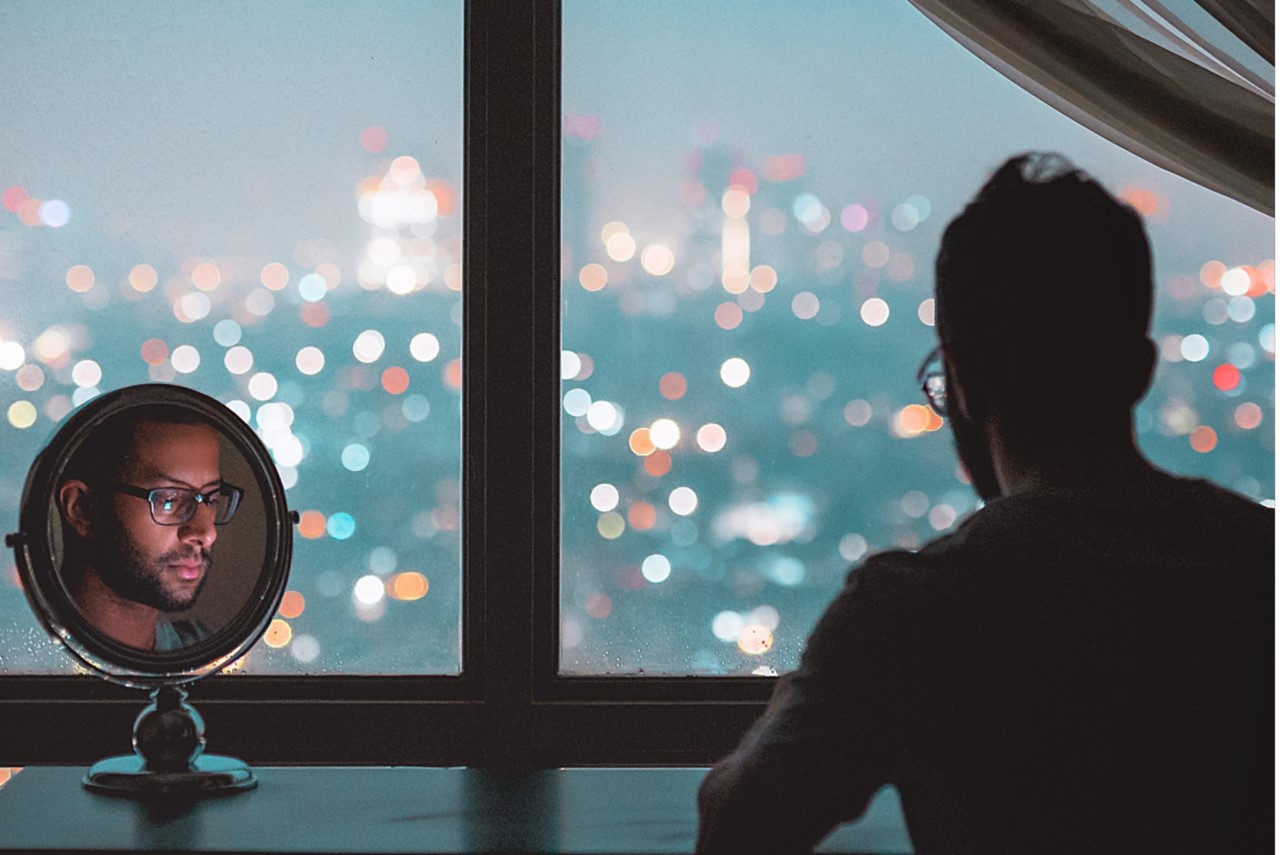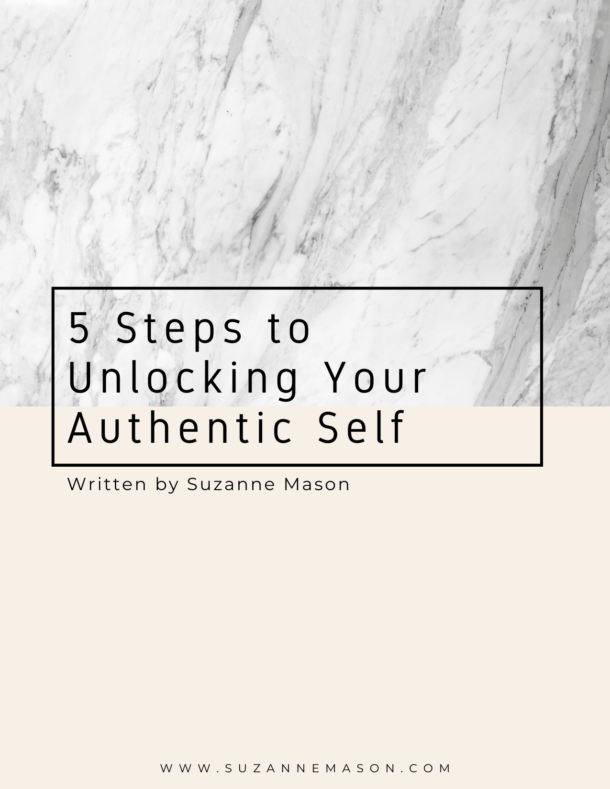IDENTITY
Being Happy With Your Less Than Ideal Self
1 October 2019
“I’m not perfect…but I’m enough.” – Carl Rogers
In our imperfect world, we have many imperfect individuals such as you and I. Yet, in our minds, we have an ideal version of our self that we think we ought to be.
We loathe our real self because we think that there are flaws about us that is unlovable, unacceptable in the view of others. In reality, this is based on our own assumptions, our worldview.
In the tv series Big Bang Theory, there is a leading character named Sheldon Cooper who is a genius and a theoretical physicist. He treats everyone like they are dumb and not worth his time.
He is a narcissist who is only concerned about whether his world will be disrupted and could not care less about how his behaviour affects others.
He does not accommodate the preferences of others in his life and is unwilling to compromise because in his view, only his way is the right way.
Now, would you say that this person is simply not that pleasant?
If you asked him what he thought of himself however, he would say that he is accommodating, lovable, well-liked and the sunshine in his friends’ lives.
Yet, he is aware of his shortcomings in terms of social behaviour and he sometimes wishes that he could be a little more normal socially and emotionally.
His ideal self is a person who is more socially and emotionally aware because he sees those things as his flaws. He, however, has no desire to change anything about his over-inflated ego, his intellect nor his appearance because he sees no issue with those at all.
What we want to change about ourselves is not always what others would change about us. At the end of the day, our ideal self is based on our own perspective.

Who do you see in the mirror?
Mirror, mirror on the wall, what would you change if you could have it all?
Think about who you are now. Are you entirely happy with everything or are there some things about yourself you would like to change? Not entirely different, just some small tweaks.
This could be things like you wish you were taller, more stylish, more confident, smarter and more disciplined. When we chronically wish ourselves to be different from who we really are, this incongruence of self affects our self-esteem because we start to feel incredibly lousy about being less than “ideal”.
How we see ourselves or our self -image is not always accurate with our real self. Take the Sheldon Cooper example from above, we all know people who think they are nicer than they are, hotter than they really are or are smarter or more accomplished than they are.
Whilst there are many who overestimate their qualities, there are also many individuals who underestimate their capabilities or perceive themselves as being less than who they are. This is also known as negative self-view.
Ideal self from ancient Greeks to social influencer
Our ideal self is also usually not congruent with our real self and we see that in ourselves and others every day. We all have an idealised version of who we should be or how we should look like.
For example, just look on social media or the media in general, doesn’t it seem like every girl has huge lips, over-contoured faces, fake lashes and hair extensions? Or does every guy seem to have luscious hair and abs of steel?
Nothing wrong with looking like this if it makes you happy, like really happy but many of these ladies and gents who look this have an idealised version of themselves they want to see based on comparison with others and not necessarily how they would define themselves.
In every culture, every generation, every period, there have always been an ideal version of who we should be. The ancient Greeks saw themselves as warriors. Statues of tall, muscular, handsome men and the gods themselves were an idealized version of real men who were more stout than chiselled.
But it wasn’t just about looking a certain way, it was about embodying the spirit of a warrior, being courageous, being resilient and loyal to their polis.
In today’s world, people are supposed to be courageously vulnerable, confident, loyal to their cause and not to mention look like fitness influencers. Essentially, things have not change much.
We are all supposed to have the warrior spirit and look good doing it. Only difference is we now have a smart phone glued to our hands.
Where our ideal self comes from
Our ideal self comes from our beliefs, the society we live in, the way we were brought up and our values. If intelligence is highly respected in your worldview then you might wish you were smarter. If you value looks above all else then perhaps you might wish you looked differently.
An ideal self does not just stop at traits or physical appearance, it also extends to how we behave with others. If you live in a culture that that encourages the ability to speak up and stand by your opinion, you might wish to be more confident and outspoken.
Our ideal self comes from our parents and our culture. Like in Asian cultures for example, children are brought up to value good grades, get a good professional job as a doctor, lawyer or accountant. Self-expression is not encouraged and therefore many fear sticking out, being different.
In Western cultures for example, expression of self is highly encouraged and so being unique, different, special is highly prized and when an individual fails to meet the mark according to his/her own perspective, he/she gets depressed.
Our ideal self is also formed by the milestones in our lives. These are milestones such as get a good job by age 25, married by 28, kids by 30 and so on. When we don’t achieve these milestones, we question our own capabilities and our self-esteem plummets as a result.
Being at peace with our perfect imperfections
According to Carl Rogers, esteemed humanistic psychologist, our self-esteem is a result of how much our real self is congruent with our ideal self. The more our real self and ideal self is alike, the higher our self-esteem.
The more we think we should change about ourselves to be our ideal self, the lower our self-esteem because we place less value on who we really are.
He also believed that when our real self is congruent with our ideal self, we achieve self-actualization or reach our full potential.
The thing is, I believe that we can get close to complete congruency but never 100%. The reason is that I believe we will always be critical of who we are and what we’ve achieved because we are humans.
I also believe that we will always be seeking ways to grow, and growth means to change into the next version of you.
Most importantly, I believe that we can still maintain a high level of self-esteem and self-worth knowing full well that we will never be completely our ideal self and here’s how.
4 ways to be happy with yourself
- Know that you are enough
You do not need to be someone else, you just need to be the best you. The real you, at all times.
- Change because you want to, not because you should
We do a lot of things because we “should” and our ideal self is an avatar of all the shoulds we want to become. Change is not a bad thing, if you know your life could do with some change for the better, do it. However, change should be based on your own terms, no one else.
- Stop comparing yourself to others
Other people’s lives are not better just because they are richer or better looking. You have your life and they have theirs. Everyone has ups and downs in life, you can’t just see the fairytale life that is portrayed on social media and think that is normal. Those are just snippets of a person’s life, curated. Measure your own success, not others.
- Define yourself based on your own values and beliefs
Many of us create our ideal self based on what we’ve been exposed to, what we see and hear and many create their ideal self based on what someone else have conditioned them to believe in. You need to start thinking for yourself, find out what’s important to you and be that person you want to be.
In conclusion, we all have our real self and our ideal self that we strive for. Our pursuit to be better is just a human thing to do. We want to be better, do better. We compete against ourselves and hope to win.
However, know the difference between healthy competition and hating who you see in the mirror. Being at peace with who we truly are is the only way to progress.
“The curious paradox is that when I accept myself just as I am, then I can change.” Carl Rogers
We can only be ourselves, no one else.
How you want to feel about that is entirely up to you.
Want to know who you truly are?
Sign up now for a free ebook to unlock your authentic self in 5 steps.

